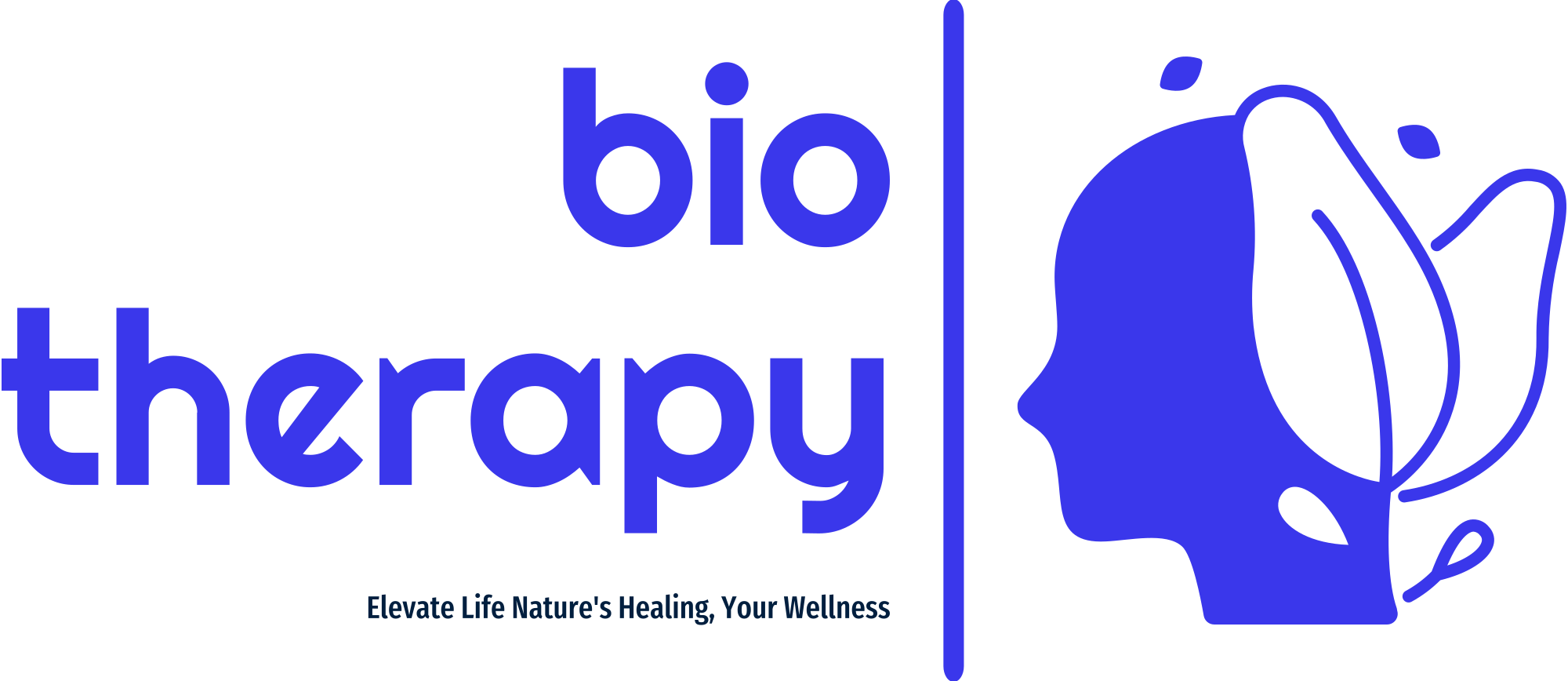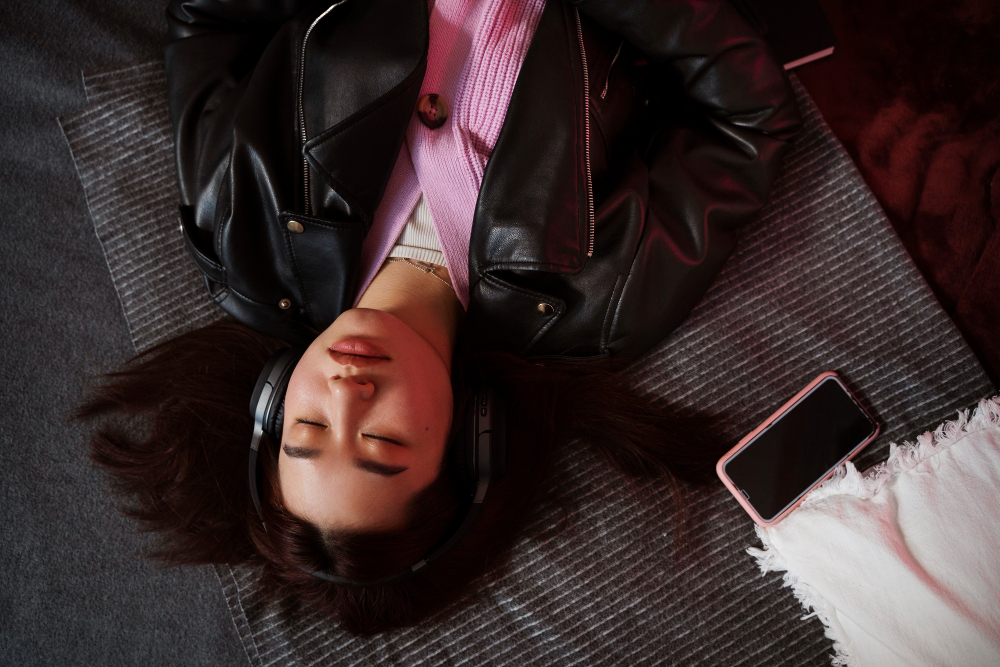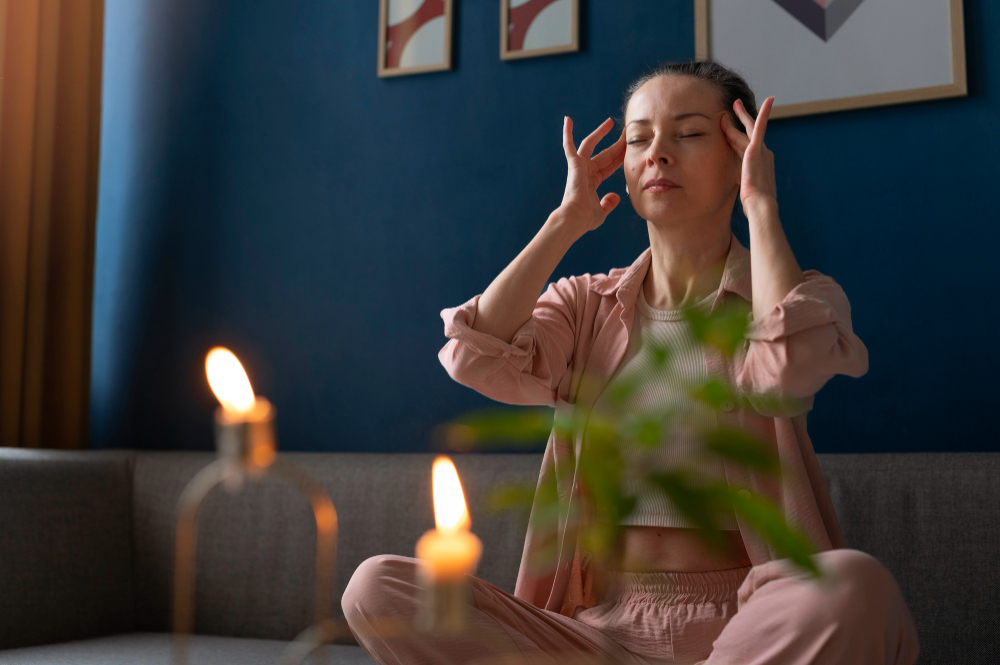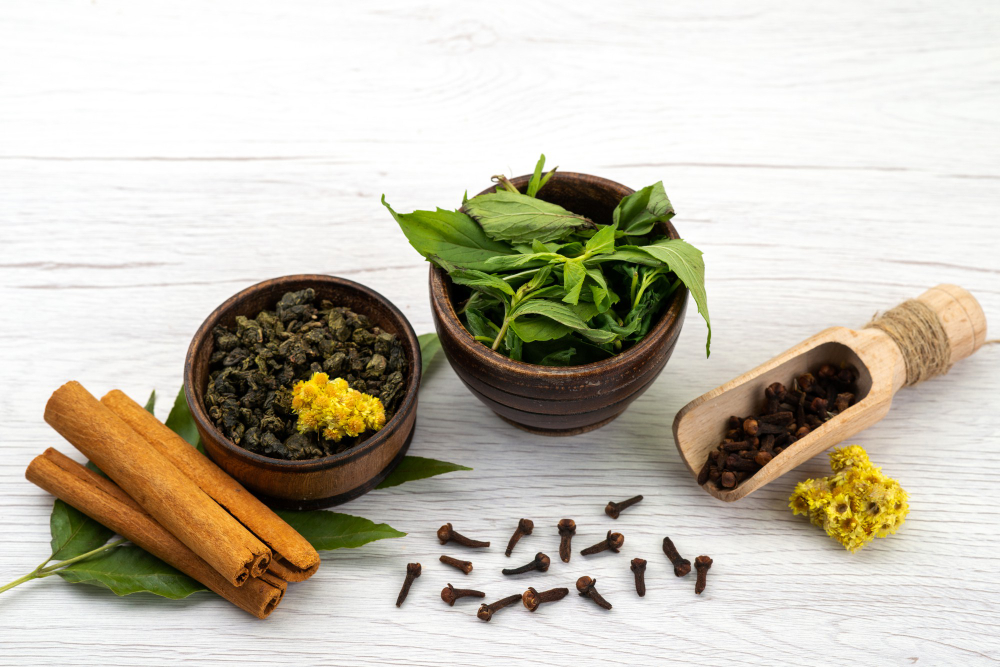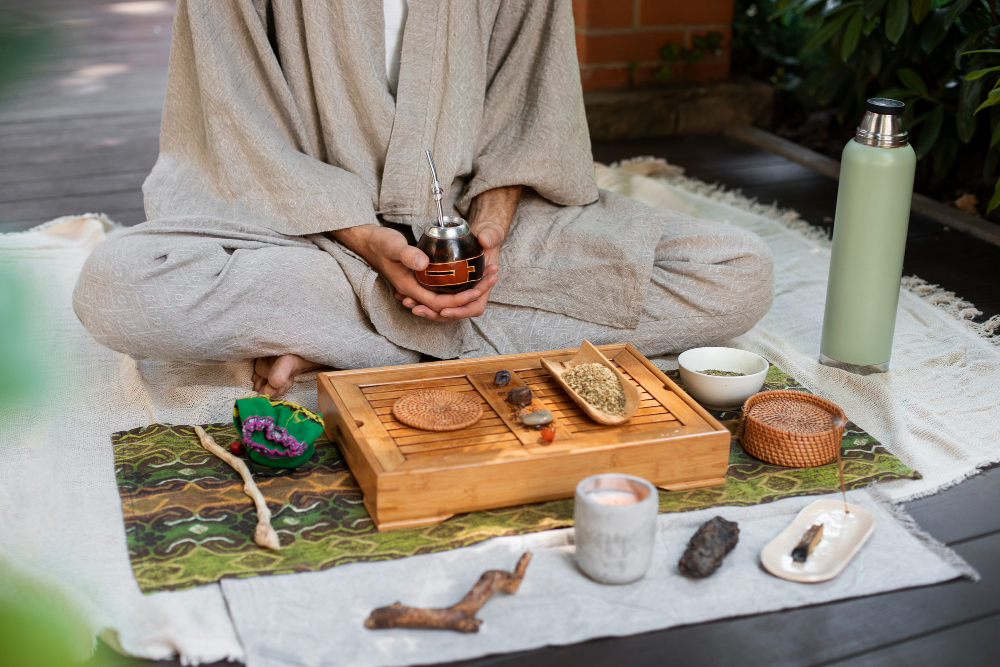
In a fast-paced world dominated by modern medicine and technology, there's a growing interest in rediscovering ancient practices that offer holistic well-being. Acupuncture and reflexology, rooted in ancient wisdom, have become popular choices for individuals seeking alternative and complementary approaches to health. Let's explore the timeless principles and modern applications of these ancient therapies.
The History of Acupuncture
Origins in Ancient China
Acupuncture traces its roots back to ancient China, where it was developed over 2,500 years ago. Ancient practitioners believed in the flow of vital energy, or "qi," through specific pathways in the body, and acupuncture aimed to balance this energy.
Evolution over Centuries
From its humble beginnings, acupuncture evolved, adapting to different cultures and gaining acceptance worldwide. It transitioned from mystical practices to a respected form of alternative medicine.
Global Acceptance and Integration
Today, acupuncture has found its place in mainstream healthcare. Many medical professionals incorporate acupuncture into treatment plans for various conditions, recognizing its effectiveness.
The Foundations of Reflexology
Historical Roots of Reflexology
Reflexology, although less known than acupuncture, also has ancient roots. It has been practiced in various forms by cultures such as the ancient Egyptians, Chinese, and Native Americans.
Development and Recognition
Reflexology gained recognition in the early 20th century, thanks to pioneers like Eunice Ingham. The practice involves applying pressure to specific areas on the feet, hands, or ears, believed to correspond to organs and systems in the body.
Principles and Techniques
Acupuncture focuses on stimulating specific points along energy pathways using thin needles. In contrast, reflexology relies on applying pressure to specific reflex zones. Both aim to restore balance and promote the body's natural healing mechanisms.
Health Benefits of Acupuncture
Pain Management
One of the most recognized benefits of acupuncture is its ability to alleviate pain. It is commonly used for conditions such as chronic back pain, migraines, and arthritis.
Stress Reduction
Acupuncture sessions often induce a deep sense of relaxation, helping to reduce stress and anxiety. The calming effect contributes to overall mental well-being.
Holistic Wellness
Beyond pain relief, acupuncture is valued for its holistic approach to health. It addresses not only symptoms but also the underlying imbalances in the body.
Health Benefits of Reflexology
Improved Circulation
Reflexology promotes better blood circulation, which is vital for overall health. Enhanced blood flow can contribute to improved organ function and reduced inflammation.
Stress Relief
Similar to acupuncture, reflexology is renowned for its stress-relieving effects. The release of tension in the reflex zones can have a profound impact on the entire body.
Enhancing Overall Well-Being
Regular reflexology sessions are associated with improved energy levels, better sleep, and an overall sense of well-being.
Acupuncture and Reflexology: Complementary Practices
While distinct in their techniques, acupuncture and reflexology share common principles. Both aim to restore balance and harmony in the body's energy systems, making them complementary practices for holistic health.
Overlapping Principles
The concept of energy flow and the interconnectedness of body systems are fundamental to both acupuncture and reflexology. When used together, they can enhance the overall therapeutic effect.
Combined Benefits for Holistic Health
Individuals often choose to combine acupuncture and reflexology for a comprehensive approach to wellness. This synergy can address a wide range of physical and mental health concerns.
Scientific Perspectives
Research and Studies Supporting Efficacy
Scientific studies have increasingly validated the effectiveness of acupuncture and reflexology. Research indicates positive outcomes for conditions like chronic pain, anxiety, and digestive disorders.
Integration into Mainstream Medicine
The integration of these ancient practices into mainstream medicine is gaining momentum. Many healthcare providers now offer or recommend acupuncture and reflexology as complementary therapies.
Choosing Between Acupuncture and Reflexology
Personal Preferences
The choice between acupuncture and reflexology often comes down to personal preferences. Some individuals may prefer the precision of acupuncture needles, while others find the gentle pressure of reflexology more appealing.
Conditions Each Therapy Addresses Best
Acupuncture is often sought for specific pain conditions, while reflexology is valued for its overall balancing effects. Understanding the unique benefits can help individuals make informed choices.
The Modern Experience
What to Expect During a Session
During an acupuncture session, fine needles are inserted into specific points on the body. The experience is generally painless, with many people reporting a sense of relaxation. Reflexology sessions involve pressure applied to the feet, hands, or ears, with a similar calming effect.
Testimonials and Success Stories
Numerous individuals have shared their positive experiences with acupuncture and reflexology. Success stories range from pain relief to improved sleep and enhanced emotional well-being.
Common Misconceptions
Addressing Myths About Acupuncture and Reflexology
Despite their growing popularity, there are common misconceptions about acupuncture and reflexology. It's essential to dispel myths and provide accurate information to those considering these therapies.
Accessibility and Availability
Finding Qualified Practitioners
When seeking acupuncture or reflexology, it's crucial to find qualified practitioners. Certification and experience ensure a safe and effective session. Many practitioners can be found in specialized clinics, wellness centers, or through recommendations.
Integration into Healthcare Facilities
The integration of these ancient therapies into mainstream healthcare facilities is expanding. Some hospitals now offer acupuncture and reflexology as part of comprehensive patient care.
Cultural Influences on Practice
How Different Cultures Interpret and Utilize These Therapies
The cultural context of acupuncture and reflexology varies. Understanding these differences can provide insight into how different cultures interpret and integrate these therapies into their healthcare practices.
DIY Techniques
Acupressure for Self-Healing
For those interested in self-care, acupressure offers a DIY approach. Learning simple acupressure techniques can empower individuals to address minor imbalances and promote well-being.
Simple Reflexology Exercises
Similarly, there are simple reflexology exercises that individuals can practice at home. These exercises can contribute to relaxation and support overall health.
Future Trends and Innovations
Evolving Practices in Acupuncture and Reflexology
As interest in holistic health grows, the practices of acupuncture and reflexology continue to evolve. Innovations in techniques and approaches are shaping the future of these ancient therapies.
Conclusion
In the intersection of ancient wisdom and modern times, acupuncture and reflexology stand as timeless practices with proven benefits. Whether seeking pain relief, stress reduction, or overall well-being, individuals are turning to these therapies for holistic health. The journey from ancient roots to mainstream acceptance highlights their enduring relevance in our quest for balance and harmony.
FAQs
- Are acupuncture needles painful?
- Acupuncture needles are typically very thin, and most people experience minimal to no pain during insertion.
- How often should one undergo reflexology sessions?
- The frequency of reflexology sessions varies, but many individuals benefit from weekly or bi-weekly sessions.
- Can acupuncture and reflexology be used together?
- Yes, combining acupuncture and reflexology can enhance their complementary benefits for overall health.
- Are there any side effects of acupuncture or reflexology?
- Side effects are generally minimal, but individuals may experience temporary soreness or bruising.
- Can acupuncture and reflexology help with mental health issues?
- Both therapies have shown positive effects in reducing stress, anxiety, and promoting emotional well-being.
